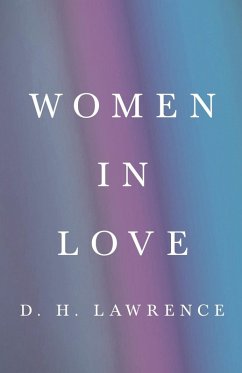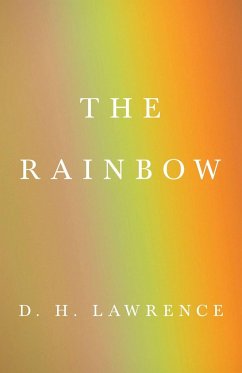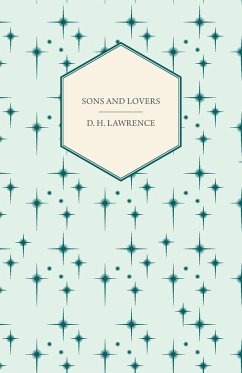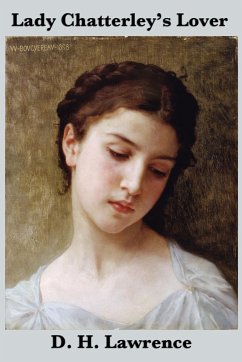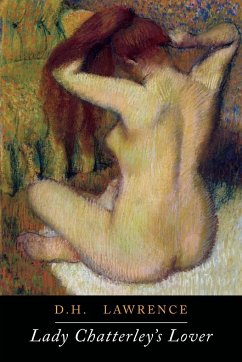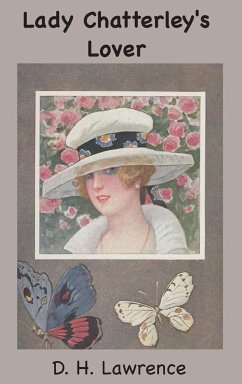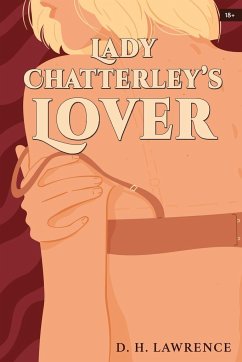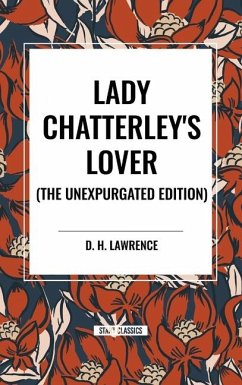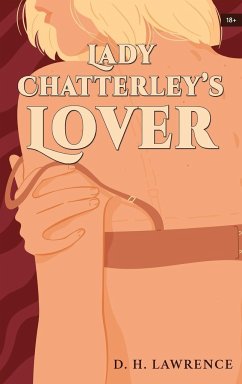
Lady Chatterley's Lover
Versandkostenfrei!
Versandfertig in 1-2 Wochen
23,99 €
inkl. MwSt.

PAYBACK Punkte
12 °P sammeln!
David Herbert Lawrence (1885-1930) was an English writer and poet whose work famously examined the results of industrialisation on contemporary society. In his novels and poetry, Lawrence explored a variety of then-controversial issues including sexuality and emotional health, which led many to label his work pornography. Today, he is considered to be one of the most important and influential writers of his generation. Lawrence's 1928 novel "Lady Chatterley's Lover" is the story of the former Constance Reid (Lady Chatterley), a young woman married to an upper-class baronet who was left with lo...
David Herbert Lawrence (1885-1930) was an English writer and poet whose work famously examined the results of industrialisation on contemporary society. In his novels and poetry, Lawrence explored a variety of then-controversial issues including sexuality and emotional health, which led many to label his work pornography. Today, he is considered to be one of the most important and influential writers of his generation. Lawrence's 1928 novel "Lady Chatterley's Lover" is the story of the former Constance Reid (Lady Chatterley), a young woman married to an upper-class baronet who was left with lower body paralysis as a result of his participation in the Great War. Both physically and emotionally distant from her husband, Constance begins an extramarital affair with the gamekeeper. Following the Victory of the publisher Penguin Books in an obscenity trial in the United Kingdom, an uncensored version of the book was finally published and gained notoriety due to explicit descriptions of sex and its use of then-unprintable four-letter words. A revolutionary novel and a true classic of English literature, "Lady Chatterley's Lover" would make for a worthy addition to any bookshelf. Read & Co. Classics is proud to be republishing this seminal novel now in a brand new edition complete with a specially-commissioned new biography of the author.



